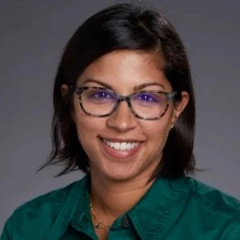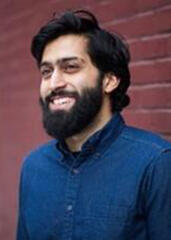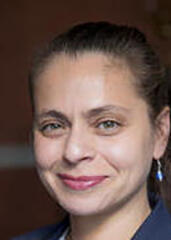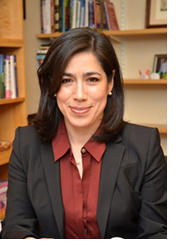Topics
- active learning (18)
- research assignments (6)
- libraries (1)
- literature-based learning (2)
- multimedia (5)
- museums (6)
- object learning (7)
- online learning (5)
- peer instruction (10)
- storytelling (2)
- learning management system (2)
- syllabus design (3)
- teaching empathy (3)
- teaching fellows (1)
- lecture (3)
- learning goals (8)
- assessment (6)
- data (3)
- backward design (3)
- blended approaches (12)
- case-based learning (8)
- classroom contracts (7)
- classrooms and space (3)
- collaborative learning (27)
- community events (1)
- course transformation (7)
- devices (3)
- learning by making (5)
- discussion (24)
- engaged scholarship (4)
- experiential learning (16)
- feedback (18)
- group work (8)
- guest speakers (7)
- interdisciplinary (6)
- leadership (3)
Send feedback
Subscribe
Copyright © 2024 The President and Fellows of Harvard College | Privacy | Accessibility | Digital Accessibility | Report Copyright Infringement

 Shoba Ramanadhan, Associate Professor of Social and Behavioral Sciences (HSPH), creates curricular experiences that highlight community partnerships and incorporates diverse student experiences for shared knowledge building in the classroom and within the community. To do this, Ramanadhan integrates principles of
Shoba Ramanadhan, Associate Professor of Social and Behavioral Sciences (HSPH), creates curricular experiences that highlight community partnerships and incorporates diverse student experiences for shared knowledge building in the classroom and within the community. To do this, Ramanadhan integrates principles of  Musa Syeed, Briggs Copeland Lecturer on English, teaches screenwriting in the Creative Writing Program. Students are introduced to documentary and hybrid filmmaking in his course,
Musa Syeed, Briggs Copeland Lecturer on English, teaches screenwriting in the Creative Writing Program. Students are introduced to documentary and hybrid filmmaking in his course,  Flavia Peréa, Lecturer in Sociology (FAS) and Director of the Mindich Program in Engaged Scholarship, teaches
Flavia Peréa, Lecturer in Sociology (FAS) and Director of the Mindich Program in Engaged Scholarship, teaches  María Luisa Parra-Velasco, Senior Preceptor in Romance Languages and Literatures, requires her advanced Spanish language learners in
María Luisa Parra-Velasco, Senior Preceptor in Romance Languages and Literatures, requires her advanced Spanish language learners in